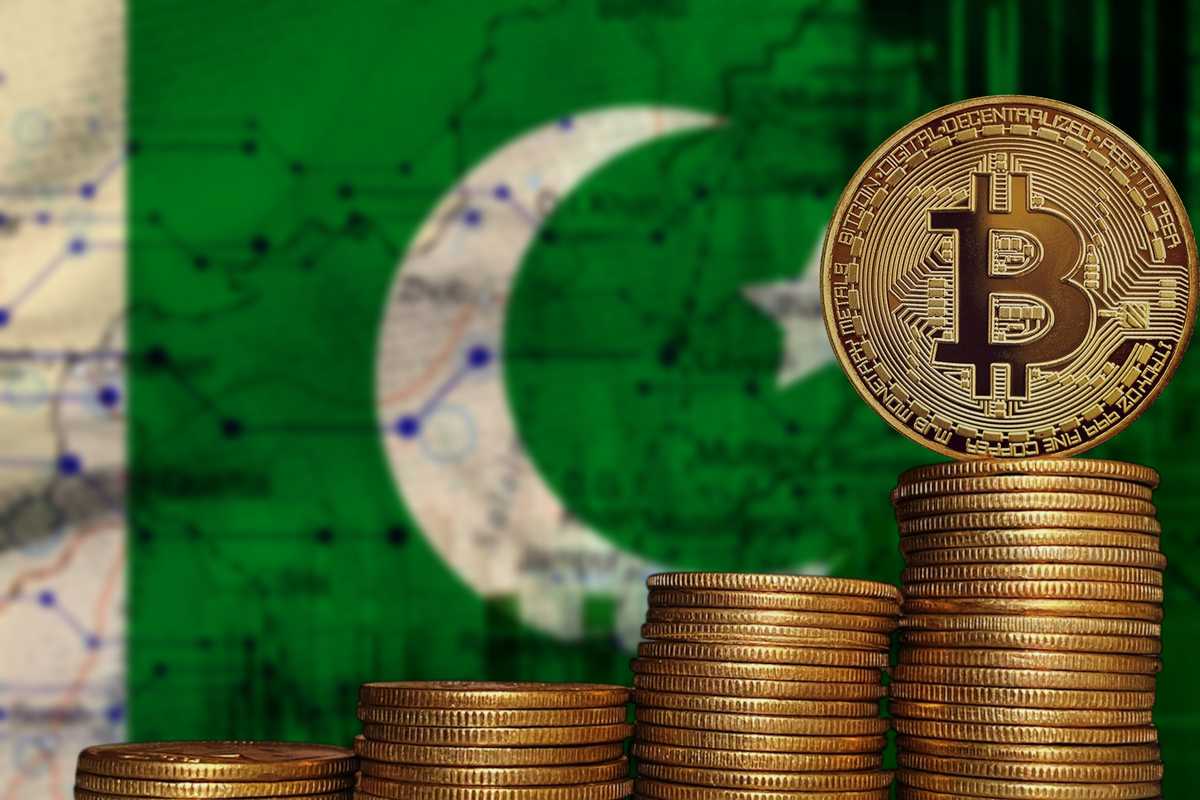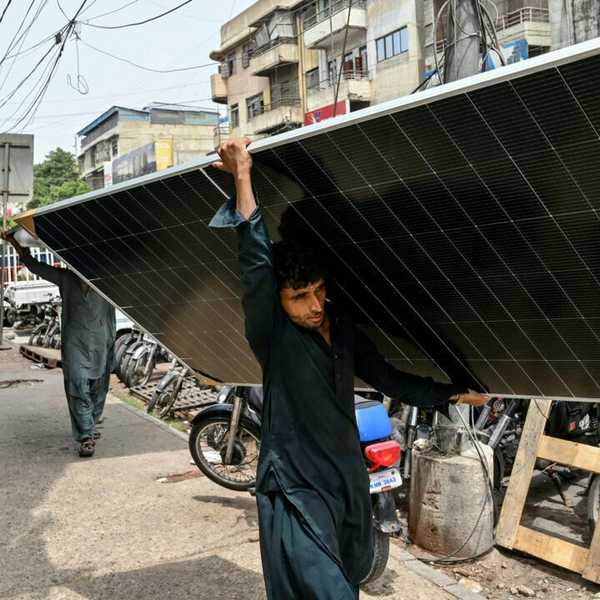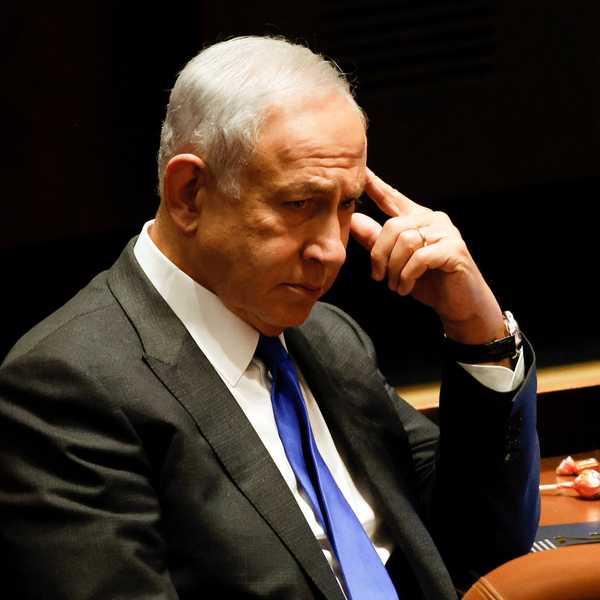Pakistan begins work on central bank digital currency
State Bank says digital wallets could ease payments, cut corruption, and improve financial inclusion

Javed Hussain
Correspondent
I have almost 20 years of experience in print, radio, and TV media. I started my career with "Daily Jang" after which I got the opportunity to work in FM 103, Radio Pakistan, News One, Ab Tak News, Dawn News TV, Dunya News, 92 News and regional channels Rohi TV, Apna Channel and Sach TV where I worked and gained experience in different areas of all three mediums. My journey from reporting to news anchor in these organisations was excellent. Now, I am working as a correspondent with Nukta in Islamabad, where I get the opportunity of in-depth journalism and storytelling while I am now covering parliamentary affairs, politics, and technology.

For ordinary users, the system would work much like a mobile wallet, allowing payments, purchases, and bill settlements directly from a phone.
Shutterstock
Pakistan has taken its first step toward introducing a central bank digital currency, joining a global financial trend that is reshaping how money is used and exchanged.
The State Bank of Pakistan confirmed it has started work on a Central Bank Digital Currency, or CBDC, which would carry the same legal status as physical cash but exist only in digital form.
Global trend
Around the world, governments are testing or rolling out similar systems. China pioneered the concept with the Digital Yuan, while Nigeria launched the eNaira and the Bahamas introduced the Sand Dollar.
India is running pilot projects with its Digital Rupee, the European Union is preparing for a Digital Euro, and the United States remains in the research stage.
In Pakistan, where most transactions are still cash-based, the central bank says CBDC could help reduce reliance on physical money and expand access to the financial system for both urban and rural populations.
Officials say the benefits could be far-reaching. Subsidies and pensions could be delivered directly to citizens’ digital wallets, bypassing intermediaries. Money laundering and corruption could be curtailed through more traceable transactions.
For ordinary users, the system would work much like a mobile wallet, allowing payments, purchases, and bill settlements directly from a phone.
Challenges
But Pakistan faces significant challenges before CBDC can become a reality. Weak internet infrastructure, uneven technological access, and the need to build public trust in digital money remain obstacles. Cybersecurity is another pressing concern, as the system would need to be protected from potential attacks.
The Ministry of Finance has confirmed in a response to a parliamentary query that the project is still in the research stage. It will move through study, prototype, and pilot phases before any launch.
Finance Minister Muhammad Aurangzeb said the initiative is at the proof-of-concept stage. Once completed, the State Bank will assess whether to move ahead with further development.
He added that digital transfers would be especially useful in areas with poor connectivity, allowing citizens who were previously excluded to participate in both financial and digital systems.
The State Bank further pledged that no rollout will take place until a secure, stable, and reliable framework is in place.







Comments
See what people are discussing